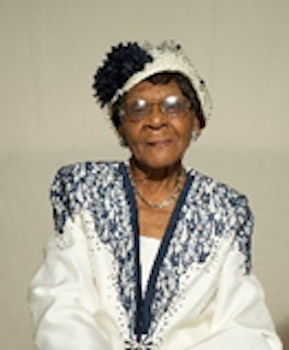Harden not your hearts: Religion column
Published 7:00 am Saturday, March 10, 2018
By Jonathan Filkins
In 1916, just as the Great War on the Continent were reaching its full, grizzly acme, thirty-something Irish writer James Joyce penned “A Portrait of the Artist as a Young Man.” On the surface, it was a coming-of-age discourse, replete with all of the normal angst reflected in that age, or any age, of growing maturity.
What set this effort apart, from all of the others, was the quite revolutionary writing style. The novel, quite literally, took us inside the mind of the principal character, Stephen Dedalus. Here we find the seemingly random thoughts which caromed around in that fertile brain. It is also here where the reading becomes difficult, as the thoughts appear disjointed and confusing. Only later does the dialog become clear. We note that it reflects our own disjointed thoughts and, perhaps, only a later understanding.
Trending
We, as readers, regularly expect and anticipate the linear style of writing from our authors. An occasional flashback is permitted, only if well delineated, but many prefer the historical, this happened…and then this happened…progression of the narrative. Joyce’s writing was, and is, so contrary to our expectations it is jarring. It requires, of us, a different reading perspective for true understanding.
In the novel, Stephen Dedalus says, “Welcome, O life! I go to encounter for the reality of experience and to forge in the smithy of my soul the uncreated conscience.” What remarkable words they are, for us, as they embrace all of the youthful enthusiasm of the ages, and acknowledge the coming wisdom of maturity. Yet, in the acclimation, there is a certain rigidity expressed by the mind’s “forge” is where unbendable perspectives are wrought; where youthful wonderment is purged by the fires of life.
Consider our own rigidities in life. Few have not had their own consciousnesses somehow forged in the heat of the white-hot furnace and then bent on the anvil of misunderstanding, intolerance, or injustice. It is what forms us; both for good, and ill. Whether we choose to make good of it, or not, is our choice. Frequently, Holy Scripture may seem to written in the same style as Joyce’s; as it too is a difficult read. After all, there does seem to be a lot of skipping around and confusion, particularly in the Book of Revelation. Even the Gospel’s do not always make sense to us. More perplexing are the words of the Prophets in the Old Testament. Both the Psalmist, and the Apostle Paul give us profound wisdom to understand ourselves and then to understand God. They tell us to, “harden not your hearts.” It is the call to forge, within the smithy’s of each of our souls, the created God-centered conscience of living. It is a strength to be wrought at the altar of praise and thanksgiving, quenched by the waters of the salving grace of Jesus Christ.In our lives, we may have experienced deep sadness, great loss, or perceived mistreatment, generated by those around us. In our “forges,” we may have created the unbending inability to forgive and understand. We may frequently blame others, for our own temperament, attitudes, and behaviors. What then are we forging, each day? Are they the works of understanding and compassion, or are they the works of self-righteousness? All of our works bear the resultant marks of the Creator and contain the consequences of this life, and beyond. Now, this is not so difficult to understand.





